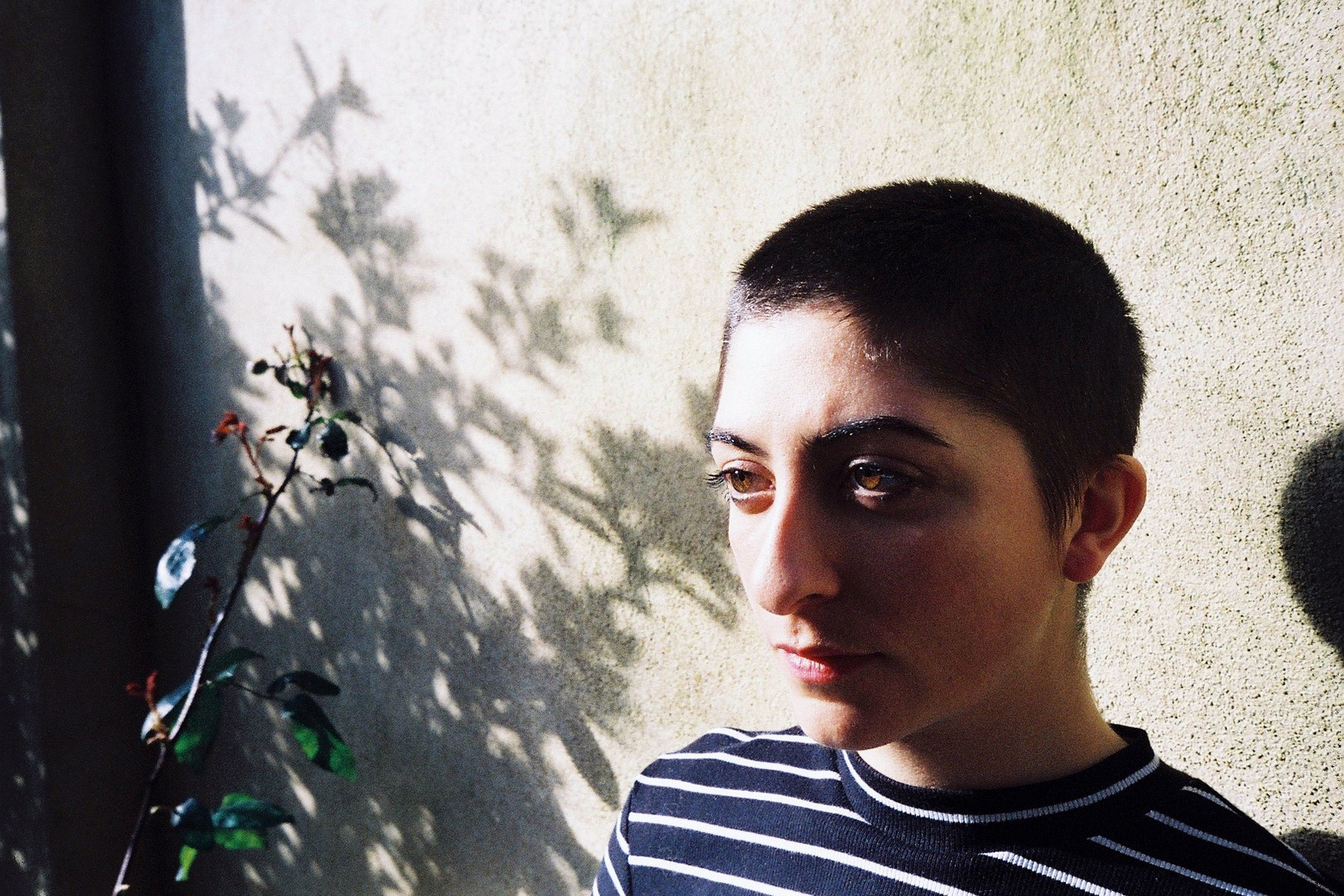Could you tell me a little about your typical day of translating?
Translating means a lot of time alone at a computer translating, editing or emailing editors and authors. Like any freelance job, it can mean working from early in the morning until late at night, including at weekends. It might sound hellish to some people, but if I wake up and it’s a nice day outside then I can walk straight out of the door and make the most of it, and I love that freedom. I recently travelled to Rome to spend a week with Swiss author Michelle Steinbeck to edit my translation of her debut novel, and getting to sit side by side with her every day was a rare and thrilling experience.
How do you find the process of being edited?
When I was younger I hated my own writing being edited – I thought it meant that I couldn’t write. But now I see editing as an incredible opportunity. Obviously the editor will pick up on any errors, but really they are test-driving whether the text works and so they, along with the author, are also a collaborator in making the best text – you all have the same goal. A good editing process should be a dialogue, a bit of give and take, and compromise.
Many literary translators have other projects running alongside their translation work. How much time do you actually spend translating and would you like to devote more time to it?
I’ve always had side-projects while being a literary translator and that won’t be changing any time soon. I edited NBG for a couple of years, I was translator-in-residence at the Austrian Cultural Forum London, and I’m currently in residence at the British Library, along with being a columnist and reviewer. I also voluntarily coordinate a campaign tackling harassment in the night-time economy and play in bands. I usually spend half my week translating, but it changes week to week – I currently have three books on the go so my days are filled with translating. I like variety in my life, and I feel like everything I do feeds into everything else.
You are also a writer and your writing practice dates back further than your career as a translator. What is the relationship between these two practices for you today?
I see translation as a form of constrained writing that is completely connected to my own writing practice, and I view translators as individual storytellers representing the writer and passing on their stories to others. All the texts I produce I have written to the best of my ability, fulfilling what is required for that specific text. Of course, if I’m producing a translation it has a very special set of requirements. Without a doubt writing short fiction and poetry gave me the confidence to translate literature, and translating book- length works has given me the confidence to write my first novel, which I’m currently working on.
What projects are you looking forward to in 2018?
I recently submitted my translation of Michelle Steinbeck’s My Father was a Man on Land and a Whale in the Water (Darf Publishers) and now I’m working on Marion Poschmann’s German Book Prize-shortlisted The Pine Islands for Serpent’s Tail. I’ve also started translating the diary of Marlene Marder, the guitarist of Swiss punk band Kleenex – it’s great when my different interests collide in a project.


